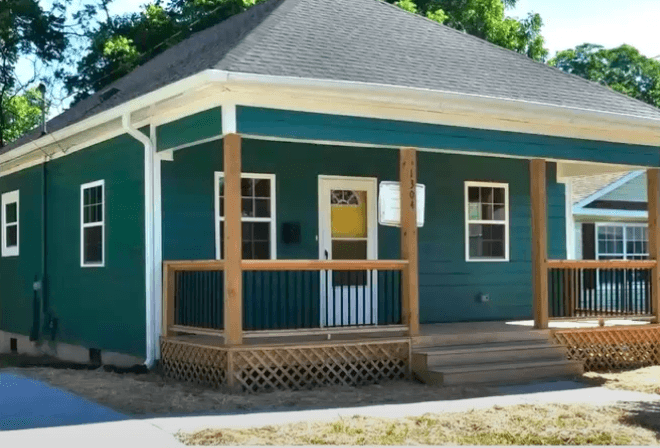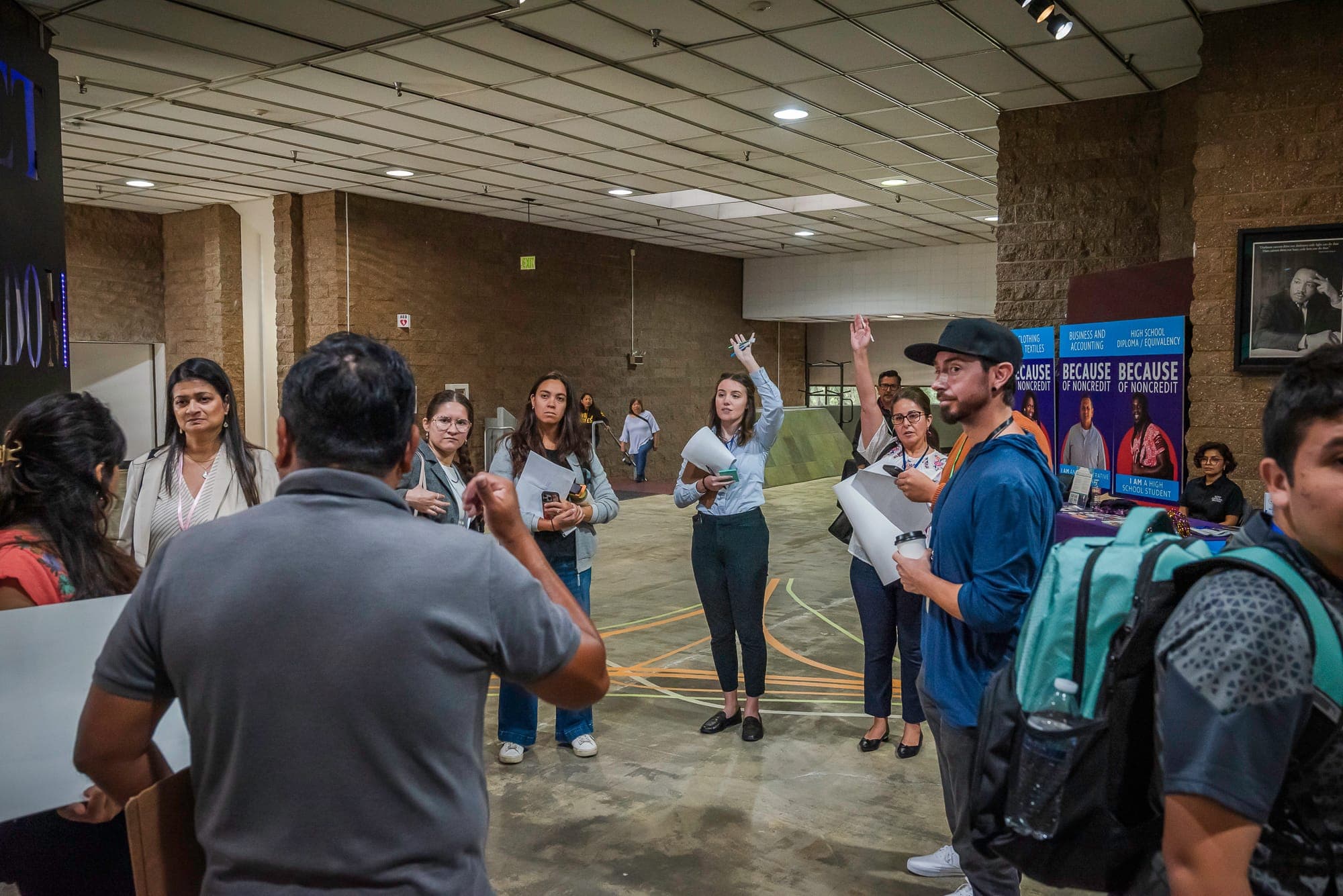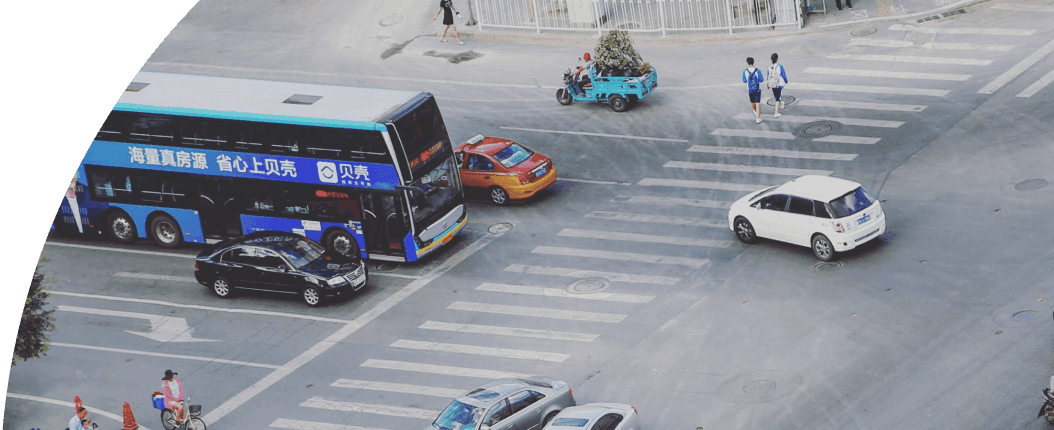
News
By Kennedy O'Dell, August 22, 2025
On Thursday, July 24th, LOCUS and Smart Growth America hosted the third webinar in the “Building the Stack” series. This series of conversations with real estate developers and community partners focuses on demystifying how to finance and build high-interest projects. This recent webinar focused on innovative approaches to financing housing development and featured three speakers from across the country.
Alternative approaches in financing or project development can be slow to move from one community to another. The Building the Stack series is designed to help lift up good ideas and demystify the development of key project types of interest by allowing attendees to explore real case studies with a variety of stakeholders who are developing the projects, providing the financing, or steering development in their communities. This webinar featured leaders championing new models for funding and constructing smart growth-aligned housing types such as co-ops and affordable housing.
The first speaker was Sherry Taylor, the Executive Director of Durham Community Land Trustees, who spoke about the community land trust (CLT) model and two projects in the Durham area. Dave Foster of BDP Impact Real Estate then presented on Community Solutions’ social impact equity fund and its efforts to help nine communities house veterans exiting homelessness by acquiring existing multifamily buildings. Josh Morrison, COO and Co-founder at Frolic Community, then discussed Frolic Community’s work redeveloping rezoned single-family lots into multi-family housing co-operatives in partnership with the previous single-family homeowner.
Key takeaways
Throughout the webinar, a number of key takeaways emerged:
1. Non-conventional financing methods can and have been templated from one place to another. Sherry Taylor discussed the beginnings of the land trust movement and the proliferation of the model across the country since 1969. Dave Foster discussed how Community Solutions is currently in process on Fund II of their Large Cities fund aimed at ending veteran homelessness after Fund I, their initial round, successfully raised capital to support projects in several communities across the country.
2. Non-conventional financing methods offer innovative frameworks for development, but require flexibility and patience from developers and funders to bring projects into reality. Sherry Taylor explained that land trusts provide an overall model for development and perpetual affordability, with several different collaboration options that shape how development occurs. She also discussed the way that taking out the land from a capital stack complicates the financing for a project, requiring creativity from all partners involved to complete the stack. Josh Morrison discussed the complexities of working with a homeowner to convert a single family home and financing through a co-op structure.
3. Non-conventional financing methods can help bring homeownership within reach for a broader range of community members. Both the Frolic model and the community land trust model both deliver affordable homeownership options for community members. While they are not operating at the scale of traditional financing methods, they are helping to fill a critical gap for households traditionally unable to own homes.
4. Constraints of the development ecosystem as it stands are real–but that’s where innovative approaches can help fill the gap. Dave Foster highlighted the way social impact capital was able to deliver affordable units at a fraction of the cost on a much faster timeline than a traditional Low Income Housing Tax Credit project. Sherry Taylor highlighted how the Guthrie Village ADU project took advantage of the ability to add ADUs in her community to create a pocket neighborhood to create affordable, supportive housing for veterans.
Are you a purpose-driven developer or investor? Consider joining Smart Growth America’s LOCUS coalition. LOCUS, latin for ‘place’, is a national coalition of real estate developers and investors who advocate for smart growth at the federal level, with occasional work at the state and local levels. LOCUS brings together real estate developers and investors from across the country to change policy and to build neighborhoods that are more economically, socially, and environmentally sustainable for America’s future. LOCUS is driven by the vision of a country in which every person lives in a vibrant and healthy community. Membership provides access to monthly briefings, policy development conversations, and curated newsletters to keep you and your organization informed. Learn more about joining LOCUS!
Related News

© 2026 Smart Growth America. All rights reserved
Site By3Lane Marketing














